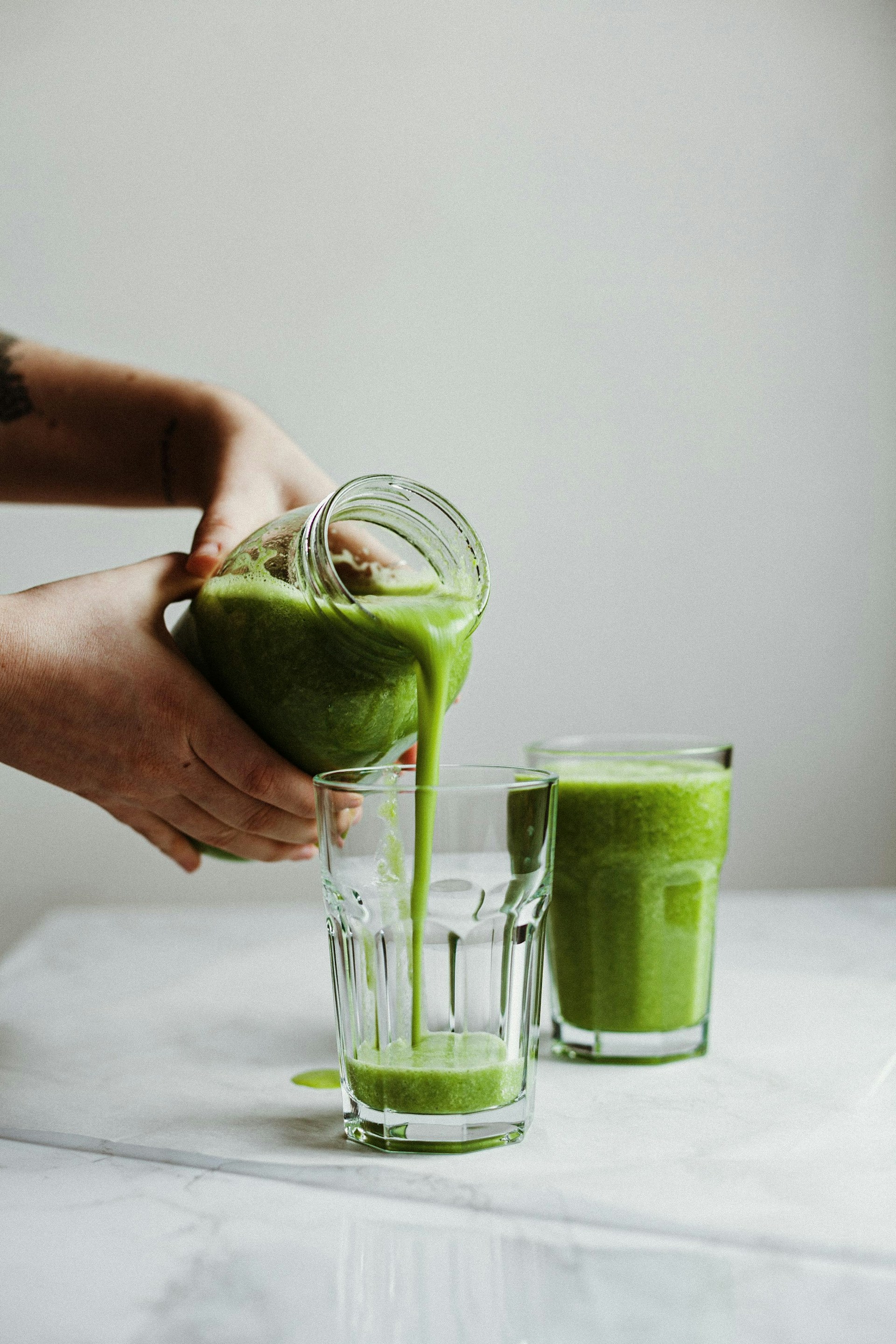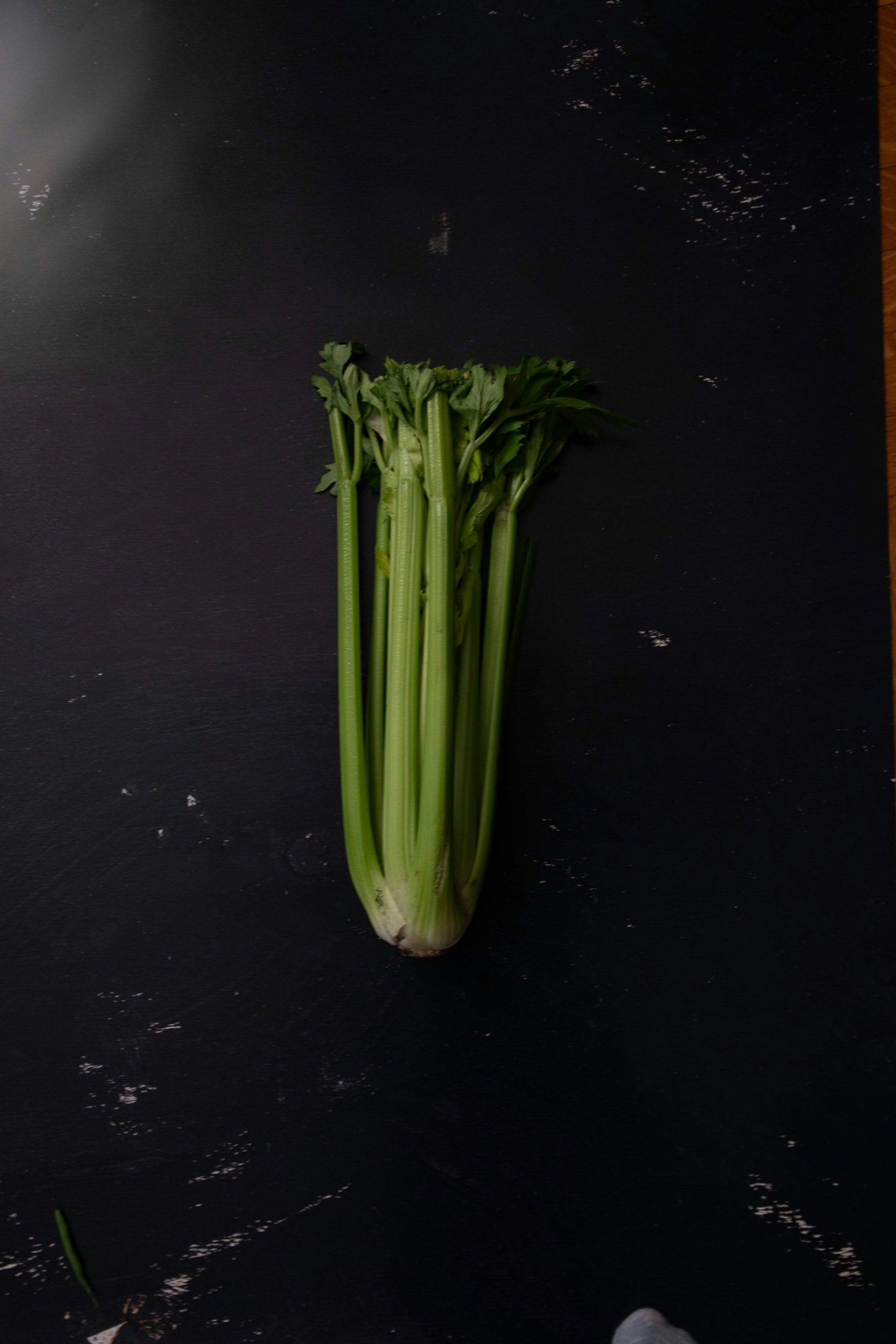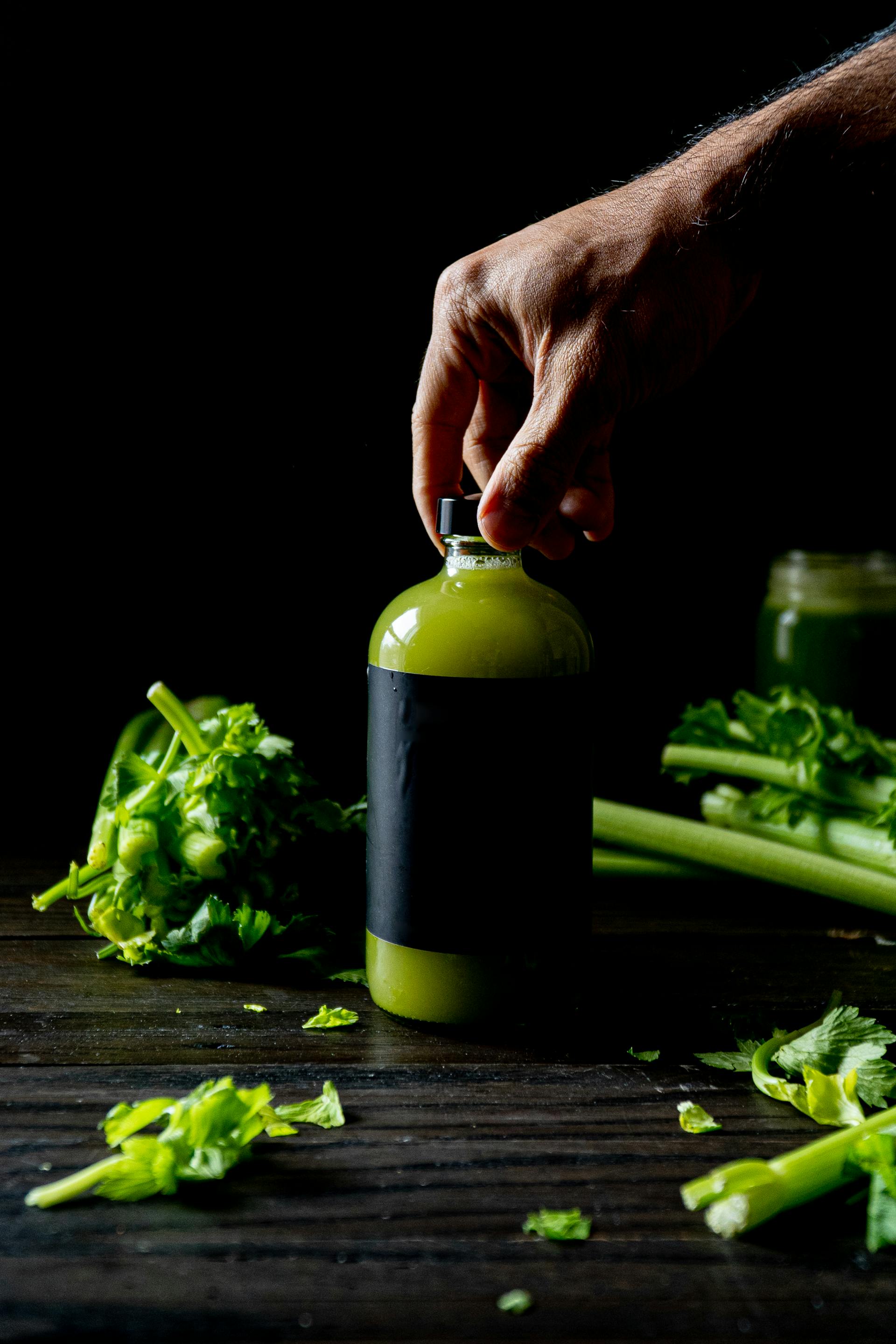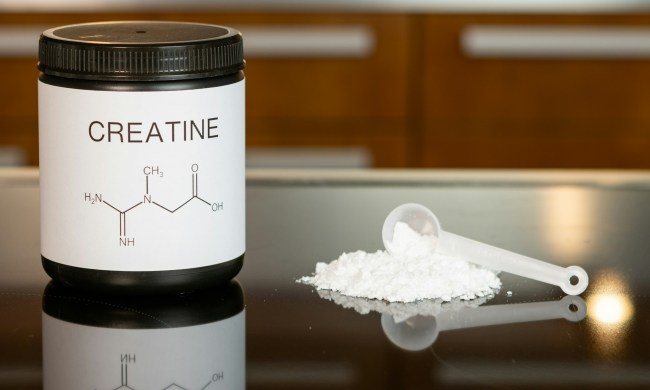
There’s a buzz about celery juice these days, and it seems like every other health enthusiast, medical professional, influencer, and guru is raving about and sipping on a bright green drink. You’ve probably heard people talking about the three-day celery juice cleanse, too, and you might be wondering what the deal is with celery juice anyway. Is a celery juice cleanse beneficial? Turns out celery juice contains anti-inflammatory and antioxidant compounds that might provide several health benefits.

What is celery juice?
Celery juice is the nutrient-rich juice from celery — a cultivated plant of the parsley family with long fibrous stalks. You’ll obtain more nutrients from drinking one cup of celery juice made with 4 or 5 stalks than from one cup of chopped celery because you’re consuming more celery in a liquid form. However, you lose most of the fiber when you juice fruits and vegetables, and fiber plays a role in healthy digestion and slows down blood sugar spikes. Some people believe it’s best to drink celery juice or any juice like this with a meal that’s rich in fiber, protein, and healthy fats.
The nutritional profile of celery juice
When it comes to nutrition, one cup (240 mL) of celery juice provides:
- 42.5 calories
- 2 grams of protein
- 5 grams of sugar
- 8% of the daily value (DV) for calcium
- 7% of the DV for magnesium
- 14% of the DV for potassium
- 74% of the DV for vitamin K
- 16% of the DV for vitamin C
- 7% of the DV for vitamin A
It also provides other nutrients like copper, folate, zinc, and biotin, as well as advantageous antioxidants.

How do you make celery juice?
You can make celery juice at home by washing 3 or 4 celery stalks and running them through a juicer. Most people prefer to enjoy it over ice. If you don’t have a juicer, you can blend the stalks until smooth. Next, place a mesh cloth or strainer over a wide-mouth jug and pour the liquid into the strainer. Press down to get all of the juice. Some people add apples, cucumber, grapes, lemon juice, green herbs like mint, and other ingredients to make different kinds of green drinks.
You’ve probably also seen celery juice available at your local grocery store, though many come with lots of added sugars or flavorings that aren’t so healthy.

What are the benefits of drinking celery juice?
Drinking celery juice as part of a healthy diet could provide several benefits.
Anti-inflammatory and nutrient-rich
Phytonutrients are the plant compounds in celery juice and other plants that are known to lower inflammation. Research shows the benefits of the antioxidant activity of celery. These antioxidant compounds lower oxidative stress in the body. Oxidative stress happens when harmful molecules called free radicals build up in your body.
In the research, diets high in antioxidants have been associated with lower rates of chronic illnesses like diabetes, certain cancers, and heart disease.

Hydrating
Since celery juice is mostly water, it helps you stay hydrated and makes a refreshing change to just drinking plain water. Staying properly hydrated helps manage your body temperature, blood pressure, kidney health, brain function, and more, so it’s pretty important.
Plus, celery juice is low in sugar and rich in nutrients. Soda and other sugar-sweetened beverages can add a big blood sugar spike and hundreds of calories to your daily intake just by sipping on one or two cans.
Good for your gut
Celery juice could reduce inflammation in the gut thanks to pyrroloquinoline quinone (PQQ) and luteolin — two anti-inflammatory plant compounds also found in several fruits and veggies. For example, papaya and green tea also contain high amounts of PQQ. Some animal studies revealed that probiotic-fermented celery juice was linked to a healthier variety of gut bacteria.
More human studies are needed, specifically on how celery juice affects the gut and the microbiome — the ecosystem of bacteria and microbes in the gut that also affect your immune system.

What are the side effects of celery juice?
This healthy-looking green drink might not be ideal for everyone. Those with sensitive digestive systems and conditions like irritable bowel syndrome (IBS) might not tolerate celery juice as well as others because it has a higher concentration of fermentable starches called FODMAPs. For certain people, consuming FODMAPs, particularly in higher quantities, can cause stomach discomfort and bloating. A low FODMAP diet that limits or excludes foods high in fodmaps has shown efficacy in the research for improving digestive issues and IBS.
If you drink celery juice and experience digestive discomfort or side effects, you should avoid it. If you have any questions or digestive symptoms, it’s best to visit your healthcare provider to determine if you have any underlying digestive conditions. If you’re taking certain medications like Naproxen or blood pressure medications, if you have IBS or a digestive disorder, and if you’re pregnant, you should also speak to your doctor before drinking celery juice every morning.
Many health professionals and enthusiasts also believe fiber is important for a healthy gut, and juicing removes most of the fiber. Some people might require more fiber than others. Drinking large amounts of celery juice might also bring your sodium levels too high.

The three-day celery juice cleanse
Celery juice cleanses have become a popular health trend. The people advocating for these multiple-day cleanses typically suggest drinking around 16 to 32 ounces of celery juice in the morning on an empty stomach before continuing with a regular healthy diet the rest of the day. Some even recommend restricting other calories, too.
Limited research looking at celery juice’s effects on diabetes, acne, liver disease, and weight loss does show promise. Still, more research is necessary, specifically on the effects of three-day or multiple-day celery juice cleanses. In some cases, juice cleanses can become a gateway to nutritional deficiencies and eating disorders.
While drinking nutrient-rich celery juice has clear benefits, the claims about multiple-day cleanses are overblown and aren’t science-based. Self-proclaimed health experts or gurus usually make the claims with no formal training or background in medicine or nutrition. If the claim is that a celery juice cleanse can cure most or all chronic illnesses due to ‘undiscovered cluster salts’ or something similar, you know that this is likely just speculation and hype because there’s no evidence supporting the existence or benefits of these salts.
Lots of people try celery juice cleanses to detox the body and accelerate healing. While there are ways to enhance your body’s natural detoxification systems, there isn’t enough scientific evidence on the efficacy of celery juice for enhancing detoxification.
Celery is an anti-inflammatory vegetable you can transform into healthy-looking vibrant green juice; however, many of the big claims about celery juice cleanses are lacking solid research.



